Yea I fuck**g hate it
Not to self promote my own community too much, but !astrophotography@lemmy.world if you wanna see amateur photos of space
The starliner astronauts are still up there (and will be until they return on the crew 9 capsule in February). This is the crew that went up before them returning to earth
Probably varies a bit from sub to sub, but old reddit users are a clear minority. The vast majority use the app
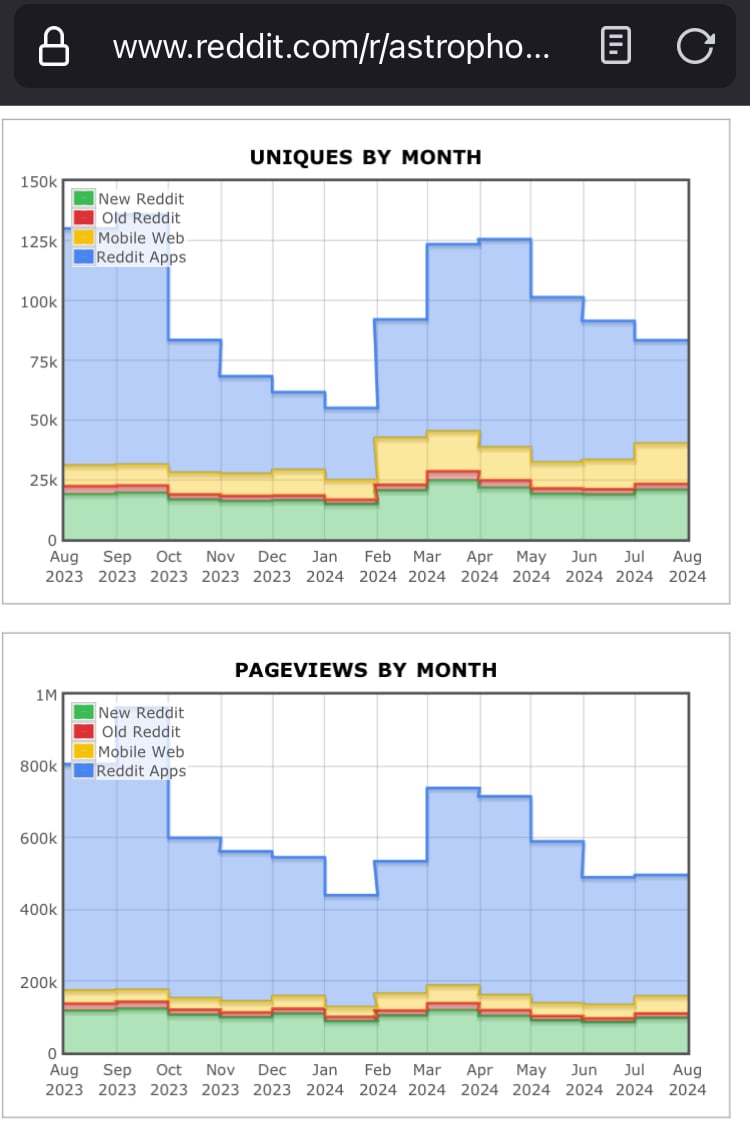
Bye, Bob :-(
Finally done with classes and I got some time to at least star processing my pics. Gonna be a while before I figure out all the HDR stuff, so here's a pic of the prominences about 10 seconds before C3. It was absolutely nutty seeing them naked eye during the eclipse, and visually through my other telescope. Captured on April 8th, 2024 from Sikeston, MO.
Places where I host my other images:
-
TPO 6" F/4 Imaging Newtonian
-
Orion Sirius EQ-G
-
Canon T3i (Ha modded)
-
Skywatcher Quattro Coma Corrector
-
Moonlite Autofocuser
Acquisition:
- Single 1/4000" exposure at ISO 100
Capture Software:
-
Eclipse Orchestrator Free for automating the capture sequence
-
NINA for controlling the mount and autofocuser
- Crop, and some minor adjustments to exposure, contrast, shadows, whites, and blacks, and slight S curve
Holy shit this was the most awesome thing I've ever experienced. I've been prepping for this eclipse ever since I got clouded out at the last minute for the 2017 eclipse, and almost everything went perfectly! (I didn't even hit eclipse traffic on the way home!) With the camera automated I got 163 HDR pics during totality, plus more from the partial phases, so expect to see some more pics in the coming weeks!
I really like how the diffraction spikes turned out from the Bailey's Beads, and how the blue turned out in my totality pics. I tried to keep the editing minimal on this, and just did some minor contrast and saturation adjustments (see below for more details). The corona in the image is definitely bluer than how it looked irl (which was mostly just white), but the prominence color is pretty close to what I saw through my other scope. I suspect it's because of the custom white balance I've had to use for my astro modded cam. For those curious here are my other C2 pics, unedited other than cropping
Captured on April 8th, 2024 from Sikeston, MO.
Places where I host my other images:
-
TPO 6" F/4 Imaging Newtonian
-
Orion Sirius EQ-G
-
Canon T3i (Ha modded)
-
Skywatcher Quattro Coma Corrector
-
Moonlite Autofocuser
Acquisition:
- Single 1/4000" exposure at ISO 100
Capture Software:
-
Eclipse Orchestrator Free for automating the capture sequence
-
NINA for controlling the mount and autofocuser
- Just a crop, and some minor adjustments to exposure, contrast, shadows, whites, and blacks
https://github.com/Balackburn/Apollo
You'll have to install AltStore (or Sideloady) on your computer + phone to resign the app each week (this can happen automatically if they're on the same wifi network). You can make your own personal API key at https://old.reddit.com/prefs/apps/ (It's limited to 100 requests per 10 mins, which you wont run into browsing by yourself). Also as long as you moderate a subreddit (I think even if it's just an empty one you make), NSFW content wont be blocked on the API.
Also while you're sideloading, I'd highly recommend uYouPlus for a better youtube app
Well I guess that’s one way to be a smart-ass
This is a photo from a lunar transit of the space station a few years ago. I had another telescope setup to take a video of the pass, and here's a composite of the frames it took (the whole thing lasted less than a second).
I really enjoy the scale of this image, with the ISS being 540km away, and the moon some 380,000km in the background. more detailed info on the ISS Transit ISS transit can be found here courtesy of transit-finder. Captured on the morning of June 24, 2019 about 30 minutes after sunrise.
-
Meade ETX125-EC
-
AW 71" Camera Tripod
-
Canon Rebel T3i (astro-modified)
-
Meade #64 adapter
Acquisition:
- 1/800" at ISO 800 single exposure
Capture:
- I just held down the shutter button a second before the ISS pass occurred, and got 3 frames containing the ISS
Processing:
-
AutoColor and Levels adjustments in Photoshop
-
MLT noise reduction and annotation in PixInsight
They actually just got rid of the stars, now you just tip people
https://old.reddit.com/r/reddit/comments/16ryhv9/celebrating_great_content_is_as_good_as_gold/
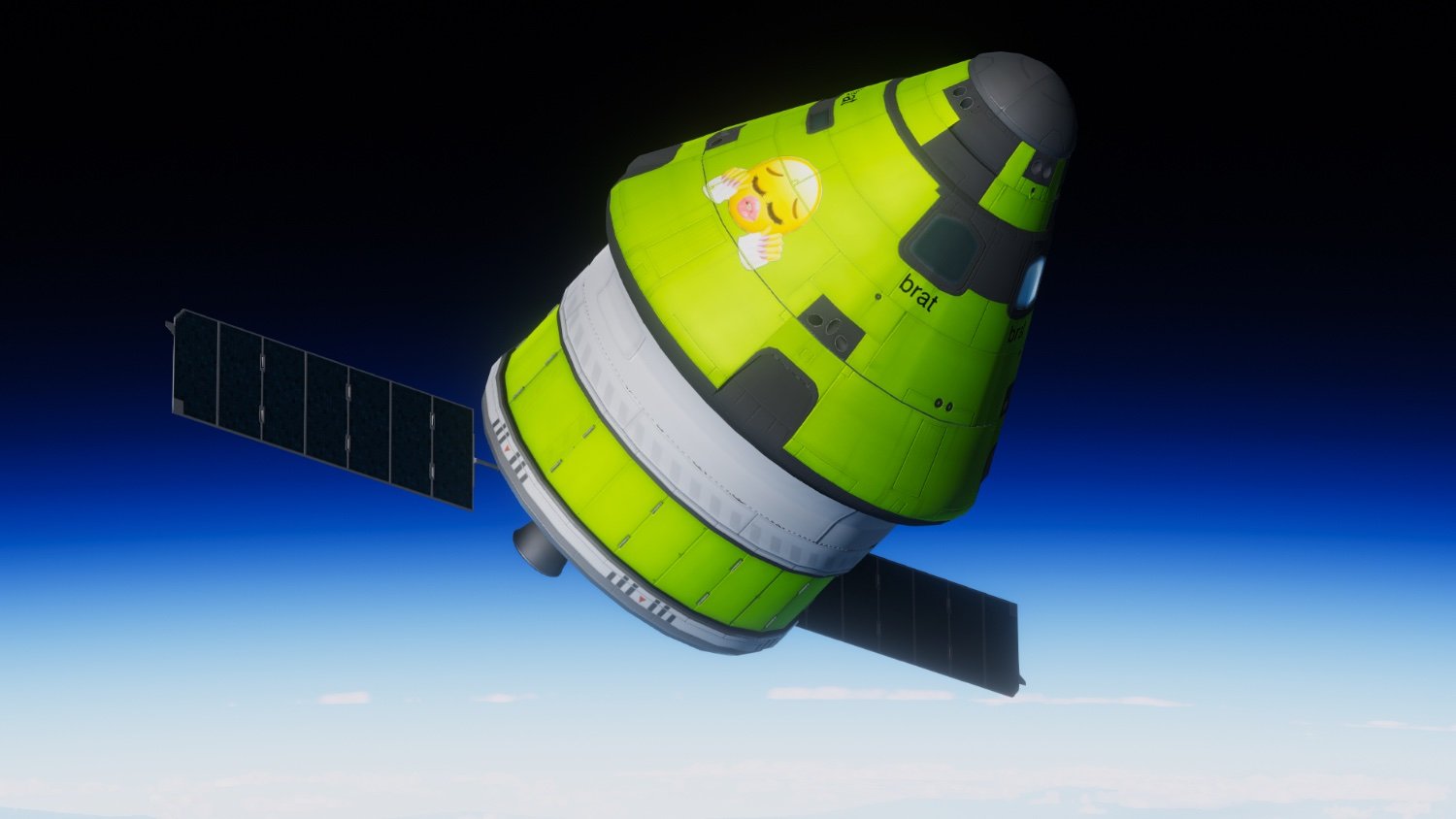


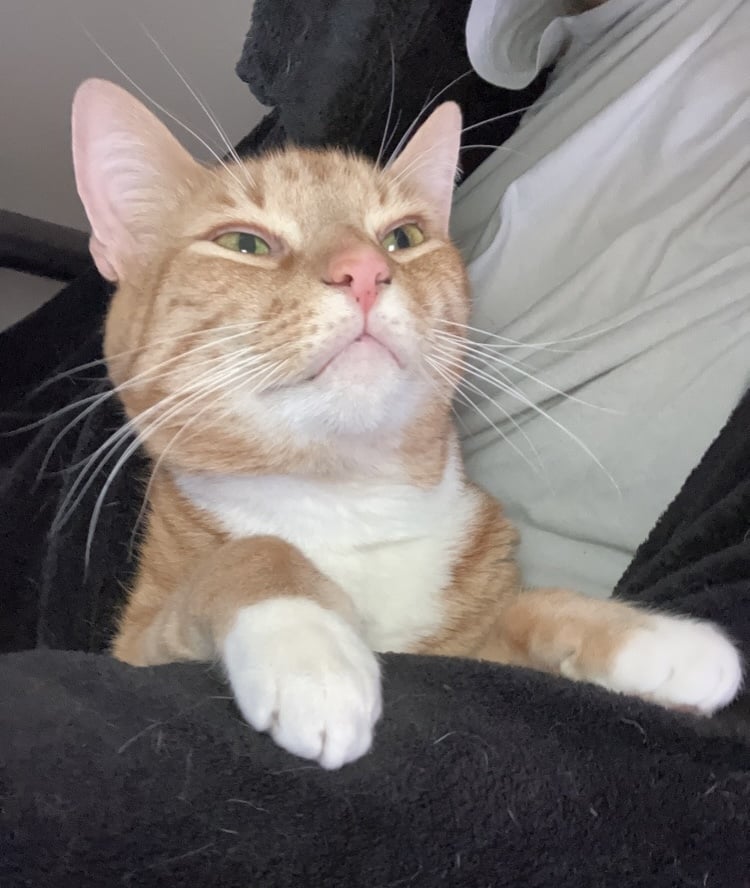
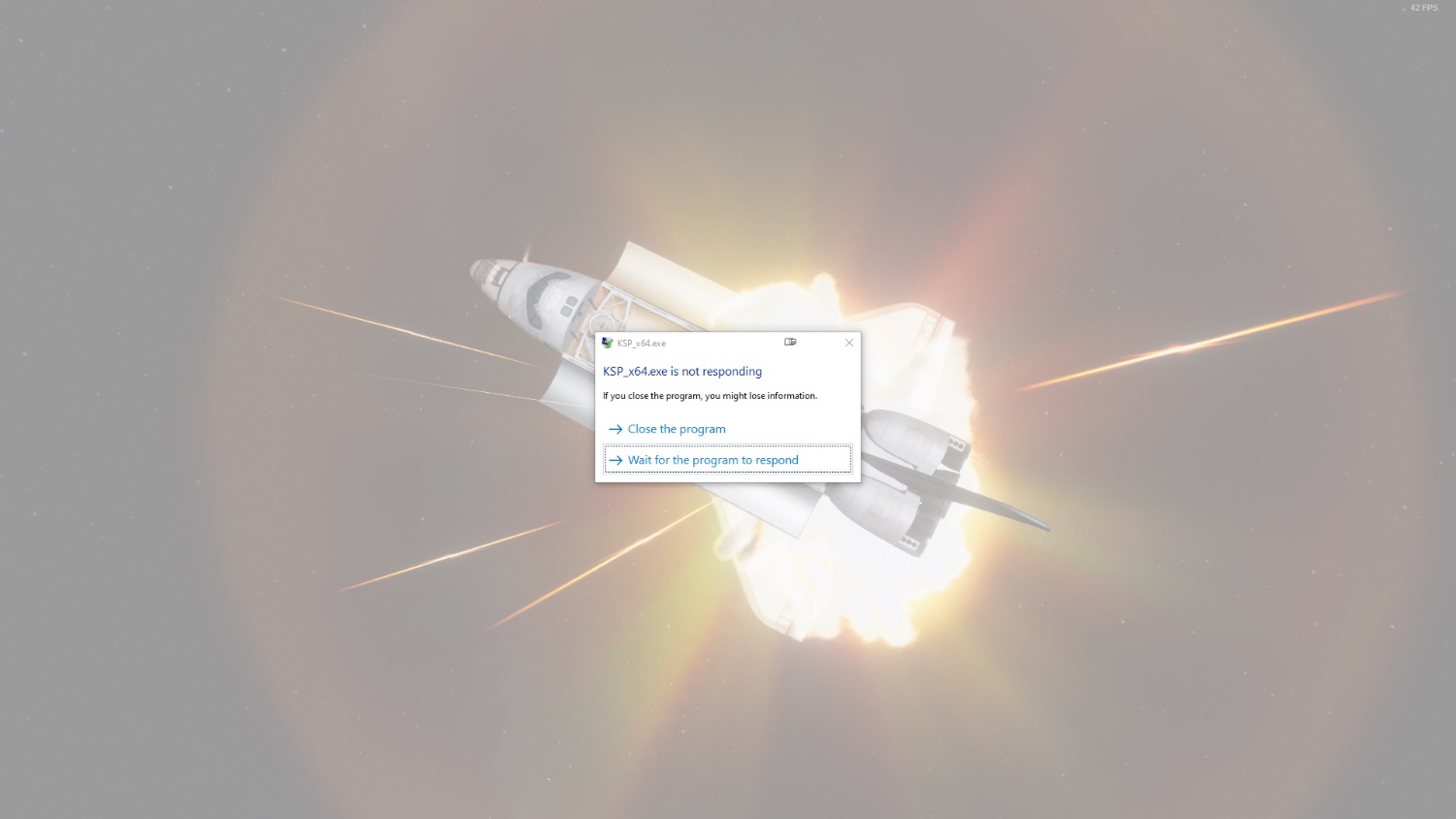

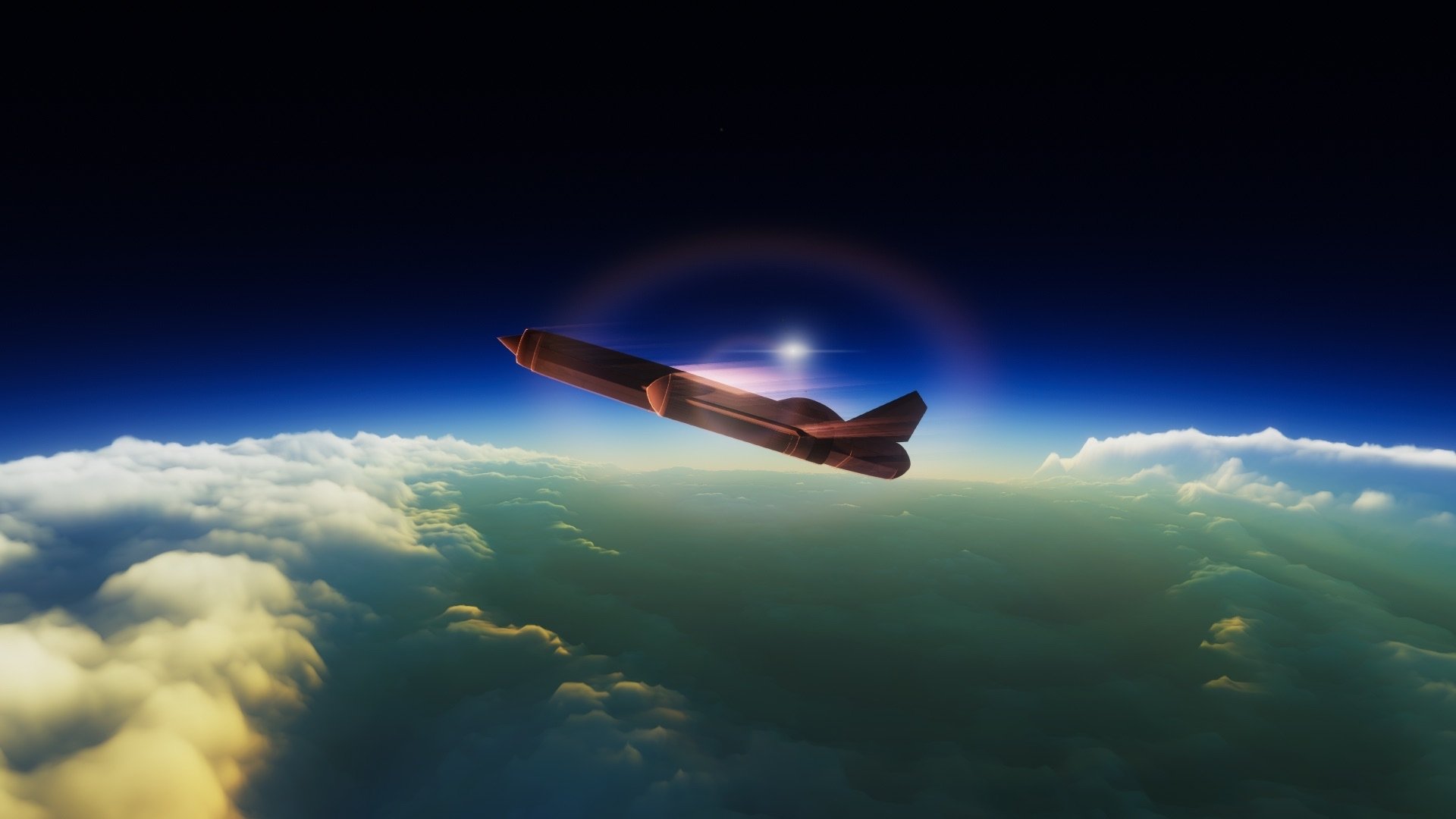
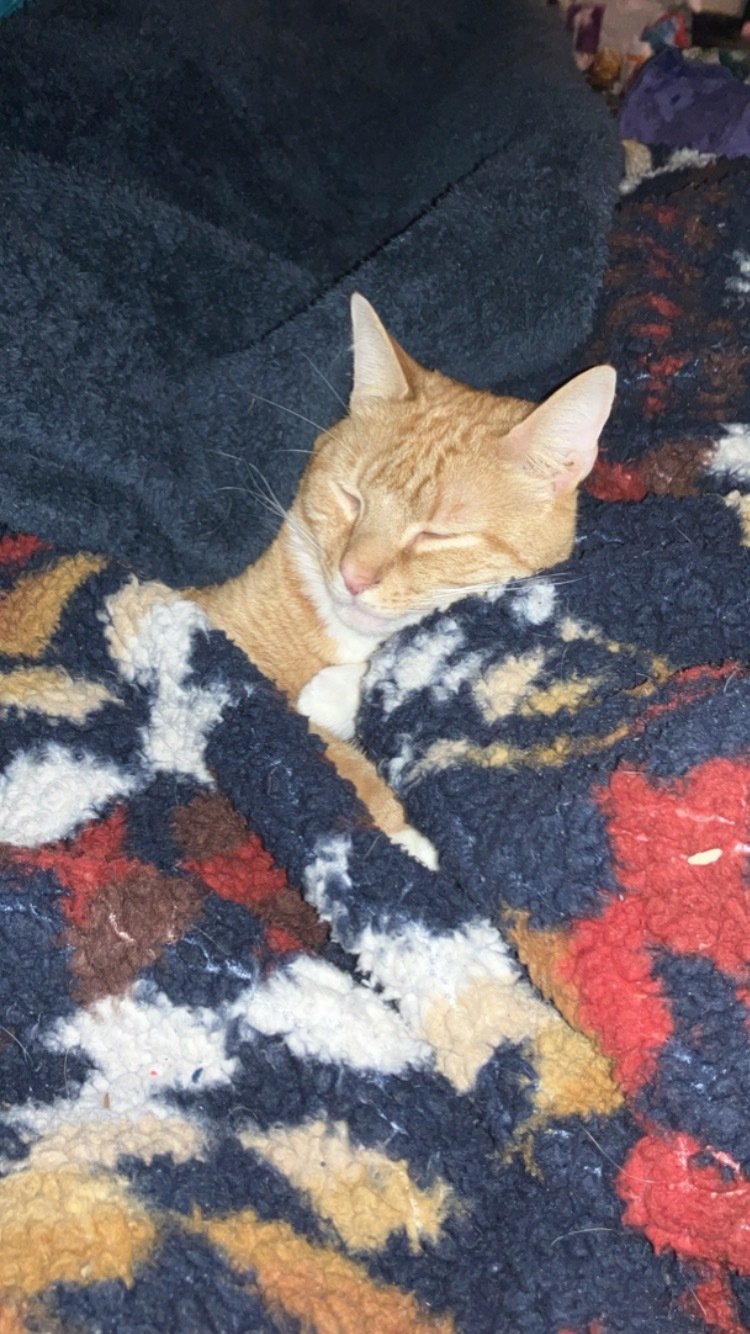
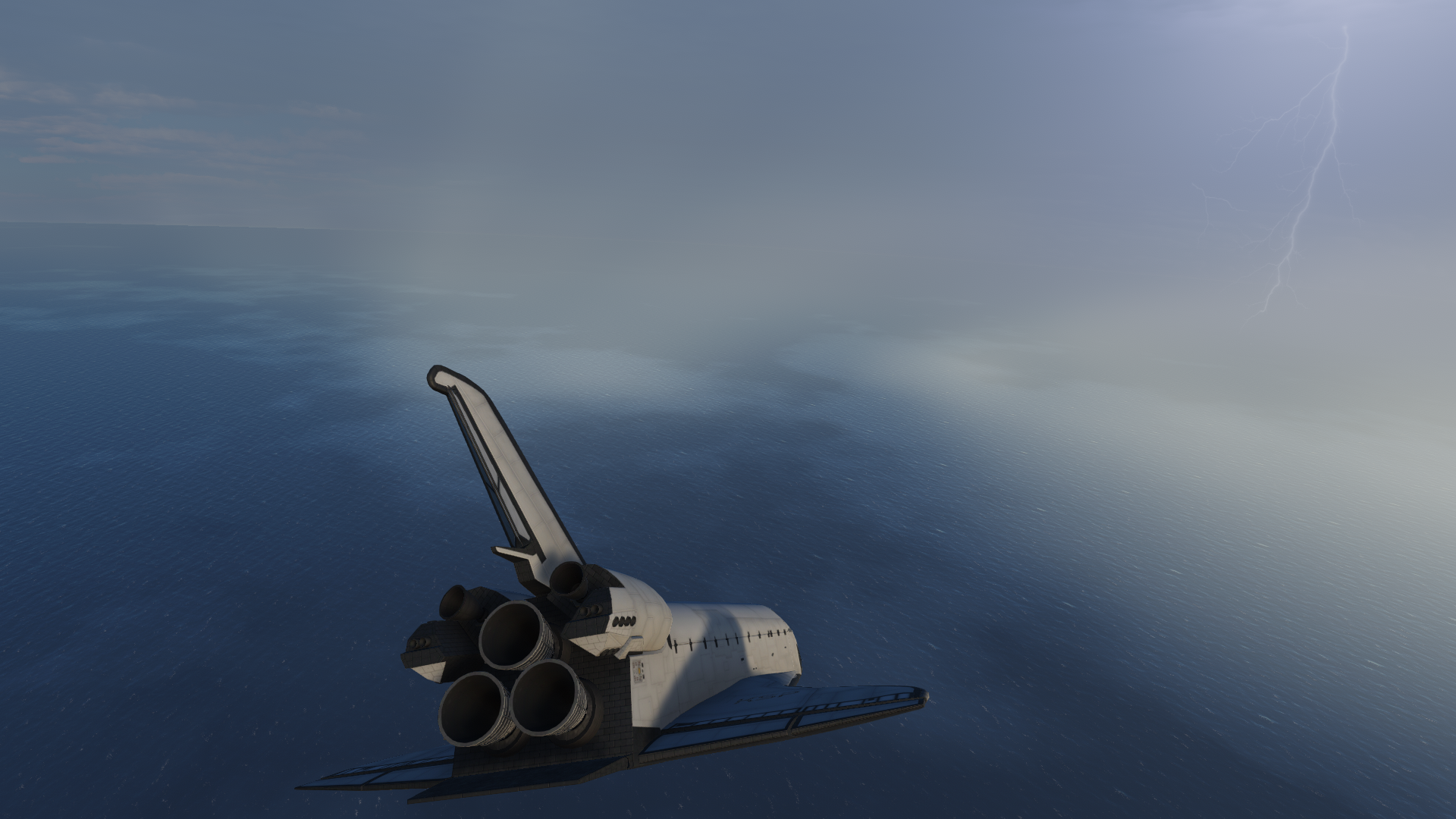
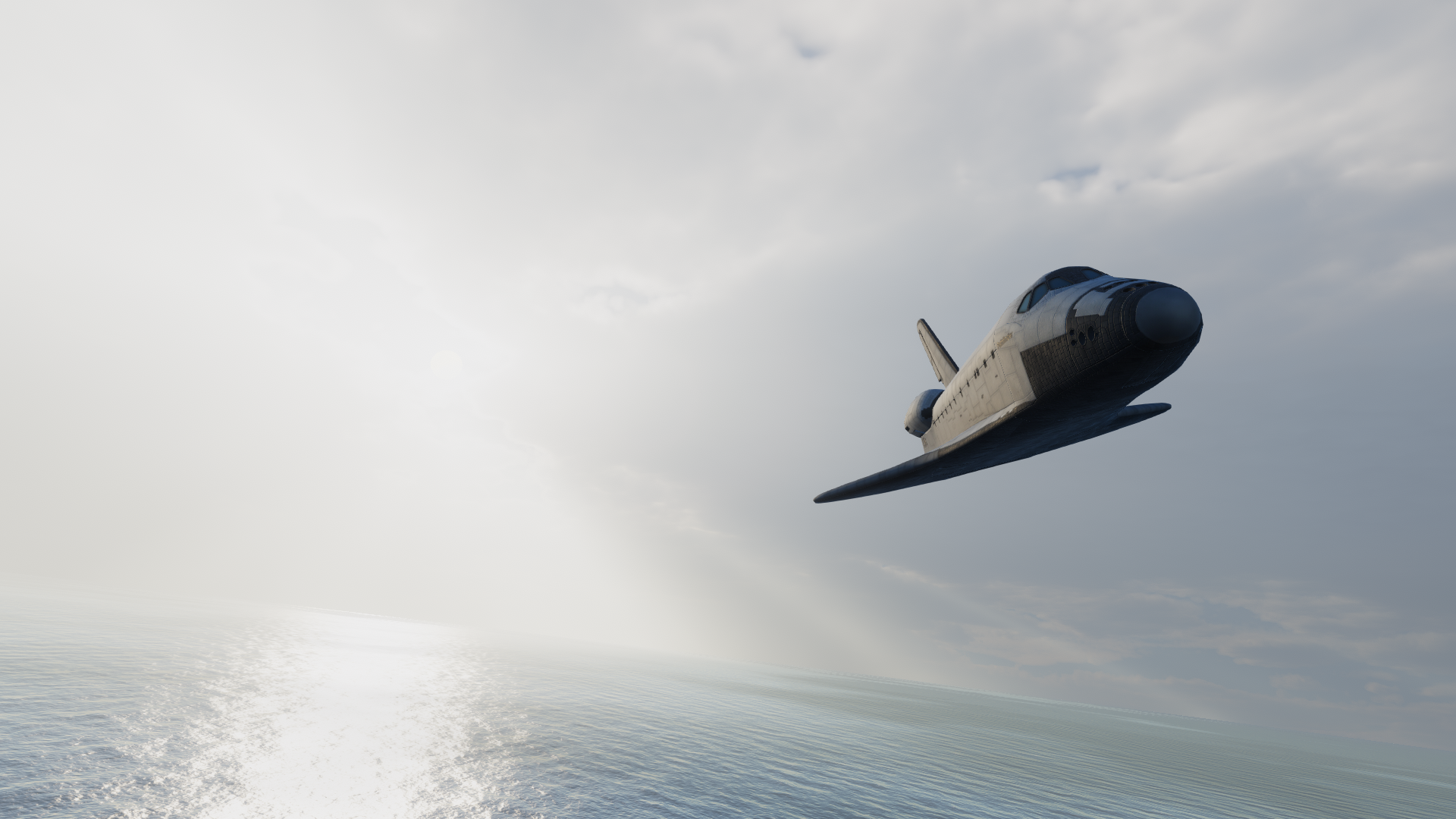

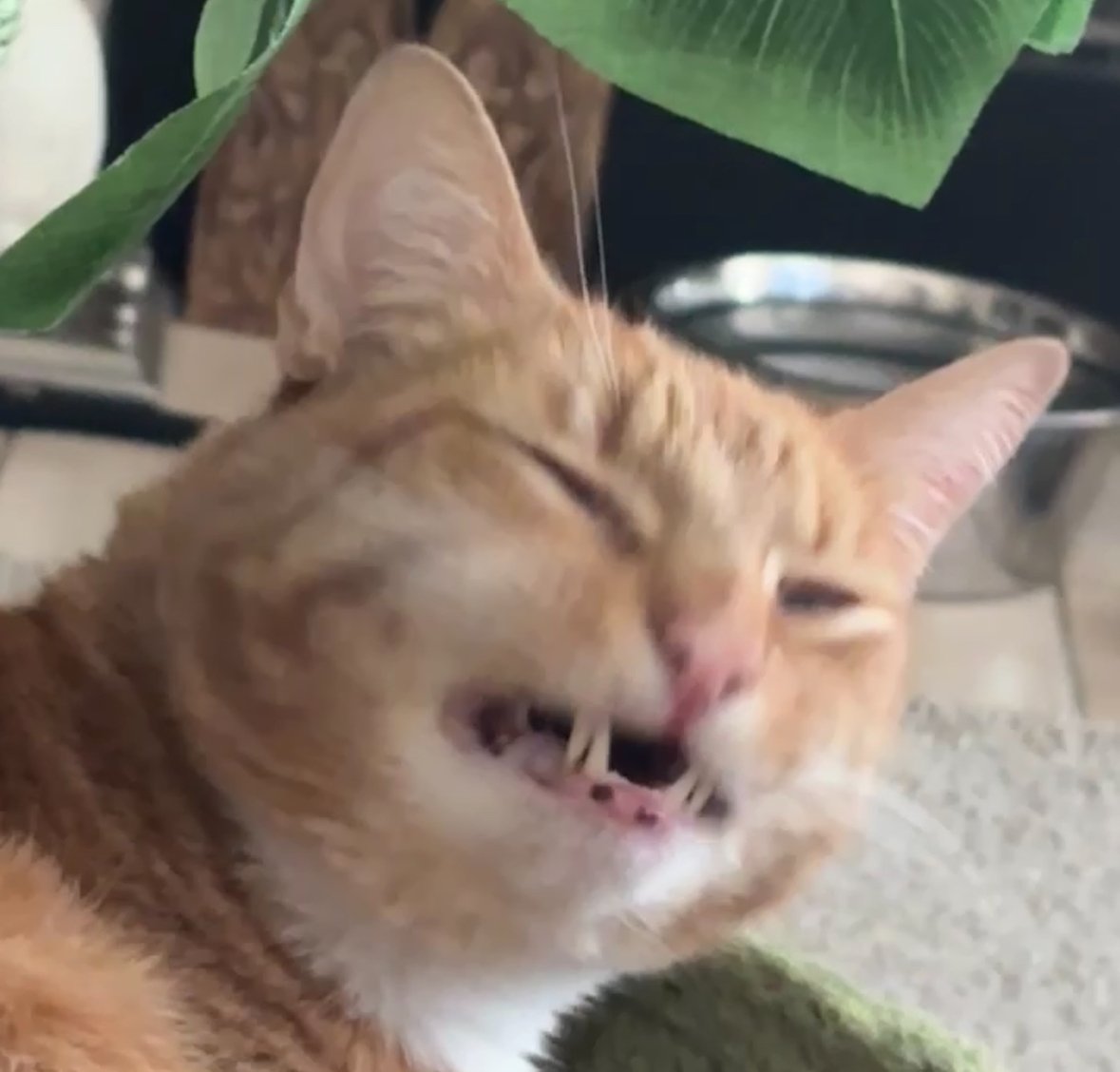
Might be some bug in automation?
https://old.reddit.com/r/ModSupport/comments/1ii67mt/_/mb3fewv